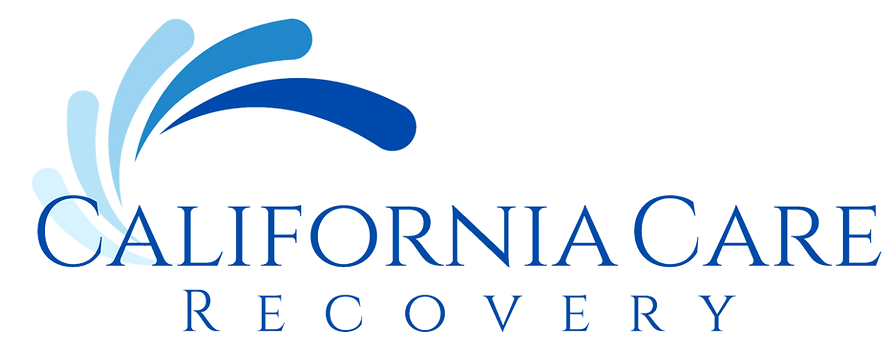Substance abuse and depression are often co-occurring disorders. Can substance abuse cause depression? Many people assume that it is always depression that leads to self-medication and, eventually, addiction, but it can work the other way as well.
Someone who uses drugs or alcohol as a way to ease mental health struggles may further their symptoms. For instance, alcohol is a depressant that only increases the feelings that go along with depression. Furthermore, addiction itself impacts the user’s life so intensely that the fallout from damaged relationships, financial and legal troubles and health can also lead to depression.
What makes using substances like drugs or alcohol so tempting to someone struggling with depression is the temporary improvement in mood. That short-term boost triggers a sensation that people want to relive. With long-term use and abuse, the emotions linked to depression only get more significant, leading to even more substance use. This becomes a dangerous cycle that can even reduce the odds of someone seeking help.
Depression and Substance Abuse

In 2019, about 51 million adults in the United States reported having a mental illness, and 7.7% of them said they also experienced a substance use disorder in the last year. One of the many issues of experiencing both depression and addiction is the mimicked symptoms. Someone who is using drugs or alcohol will show symptoms of depression, making it more challenging to diagnose.
Someone experiencing depression may have trouble realizing it while also abusing substances. Even a trained medical professional may struggle to diagnose depression while someone is under the influence of drugs or alcohol. The most common signs of depression are:
- Loss of interest in activities
- Sleeplessness and fatigue
- Changes in appetite
- Feelings of guilt
- Lack of energy and focus
- Suicidal thoughts
Showing these symptoms does not necessarily mean you have an addiction, but it can be significant to a depression diagnosis. Even so, it is important to recognize a substance abuse issue so you can be properly treated for both disorders. The sooner you get help for addiction and depression, the better your outcome will be. To determine if you are struggling with addiction, consider the following examples:
- Do you use more drugs or alcohol than you plan to?
- Have you tried and failed to reduce or stop your intake of drugs or alcohol?
- Do you crave drugs or alcohol?
- Does your use of drugs or alcohol impact your job, relationships, or everyday functioning?
- Do you spend a lot of time using or thinking about using drugs or alcohol?
- Do you take risks to use drugs or alcohol?
- Have you increased the amount of drugs or alcohol you use to get the same effect you used to?
- Do you use drugs or alcohol to deflect or suppress negative emotions?
By analyzing your responses to these questions, you can determine whether or not you have a problem with substance abuse. If you do, it is essential to understand that using such substances worsens symptoms of depression. Self-medicating may seem like the only answer, especially when facing both depression and addiction, but there is hope elsewhere.
Treatment for Depression and Substance Abuse
Addiction can lead to feelings of shame and guilt. Such emotions can make symptoms of depression worse. And it can be harder to build up the strength to seek help once those emotions take hold of you. Realizing the impact substance abuse is having on your mental health, and your life can help you admit you have a problem. Accepting that you need help is the first step to getting it.
Although depression along with addiction can reduce your energy and motivation, getting help through your support system is vital to your recovery. By entering a treatment facility, health professionals can provide the help you need. With co-occurring disorders, physicians and your care team will develop a treatment specifically for you. Medically treating withdrawal symptoms, addressing mental health issues, and providing you with the tools you need to take back control are just some of the steps you’ll experience when you seek help for mental health and substance use disorders.
As substance use and abuse can impact your brain functions and lead to worsening mental health problems, it is vital to have the full support of a trained and dedicated staff of professionals at your side. Don’t let your pride get in the way of how amazing your life can be without substances. Depression is treatable once you get sober. You just need to take that first step. And you can.
Although depression and addiction often occur together, it isn’t always known which causes the other. Because depression can lead to self-medication with drugs and alcohol, the symptoms can overlap. And when someone abuses drugs or alcohol, the symptoms of usage and withdrawal can worsen mental health problems. The comorbidity of these disorders makes both the diagnosis and treatment more challenging for you and the diagnosticians. Until someone is free from substances, it is difficult to determine their underlying condition. Seeking help at a treatment center for both mental illness and addiction is key to your improvement. Having a team of caring staff to support you through withdrawal and treatment encourages your motivation and helps keep you sober so you can keep working towards your recovery. Here, at California Care Detox & Treatment, we provide everything you need to recover and live your best life. Message us or Call us now at (949) 281-0632 to get started.
Related: Methadone Detox Guide: Safe Opioid Addiction Treatment Steps
